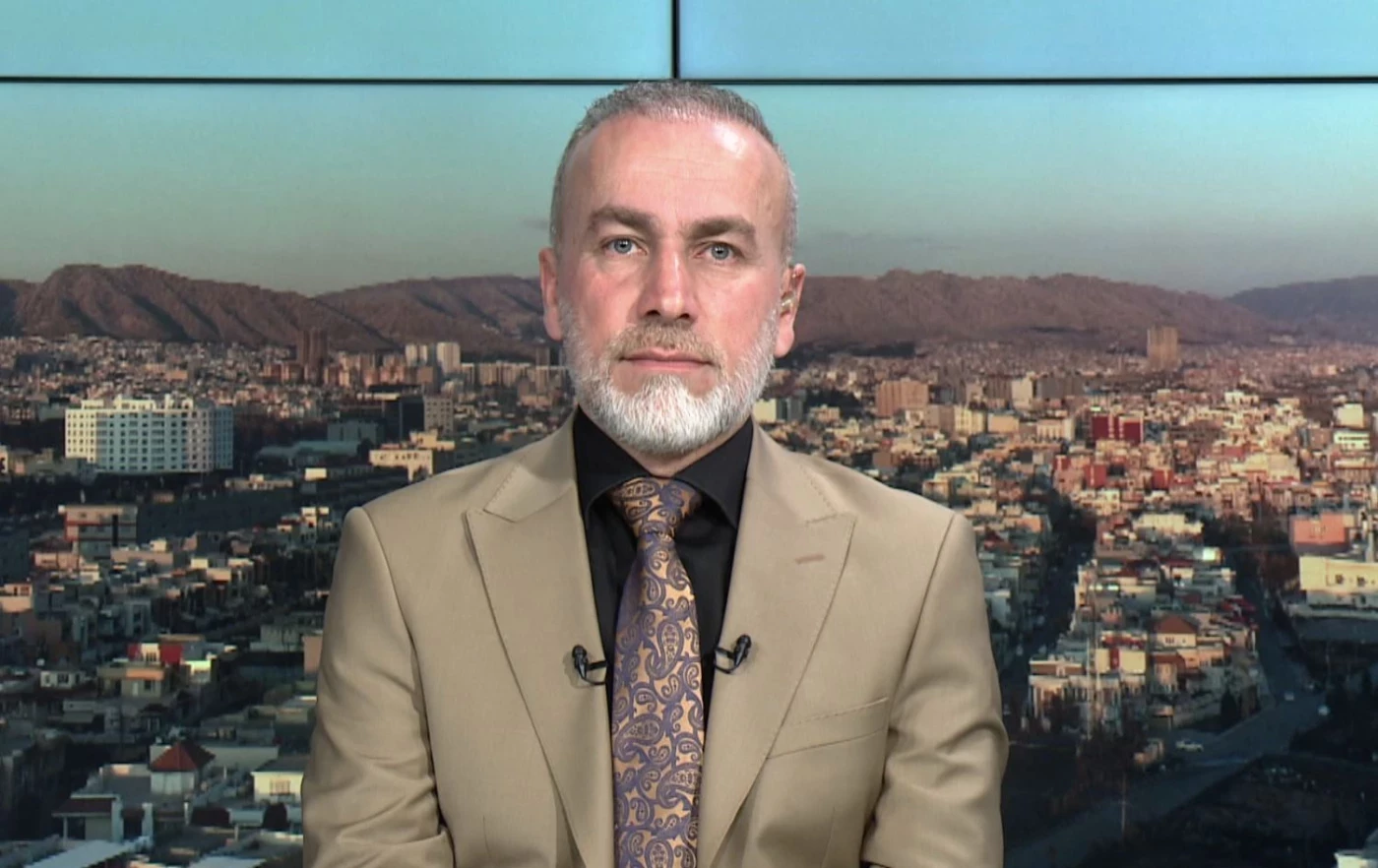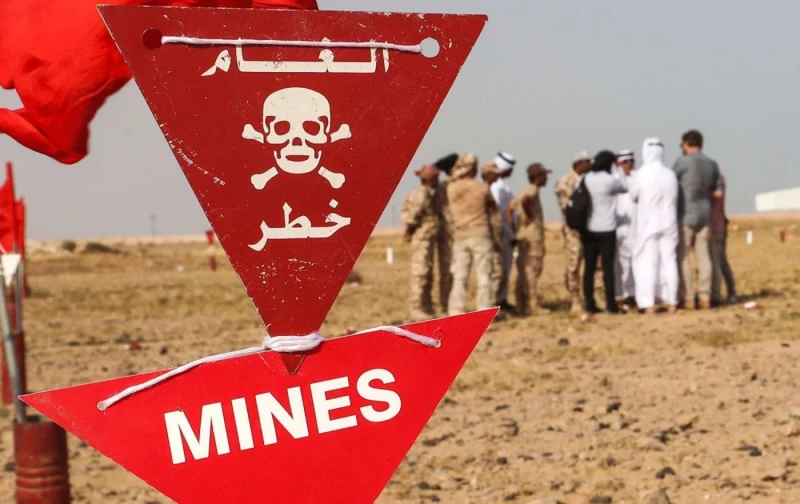ERBIL, Kurdistan Region of Iraq - Ongoing talks between the Kurdistan Regional Government (KRG) and Iraq’s federal government have stalled due to disputes regarding the handover of Erbil's non-oil revenues to Baghdad, leaving the issue of the Kurdistan Region's public sector salaries unresolved, a Kurdish lawmaker said Monday.
Jamal Kocher, a member of the Iraqi parliament’s Finance Committee, told The New Region that Baghdad and Erbil had already agreed to resume oil exports from the Kurdistan Region. But he said differences over taxes, fees, and border revenues remain the main obstacle to a final deal.
“The core of the problem is that we have two different models of financial administration,” Kocher said. “In Kurdistan, there are no self-funded institutions like those in Baghdad. Applying Baghdad’s system here would require changing the way our institutions are managed.”
Iraq’s Financial Management Law gives provinces, including those in the Kurdistan Region, the right to keep certain revenues in full, such as municipal fees, local legislation income, and urban planning revenues.
But according to government sources, the federal government is asking the KRG to hand over all non-oil revenues, in addition to 50 percent of border crossing revenues. Erbil rejects this demand, calling it unconstitutional.
Iraqi Finance Minister Taif Sami, in a letter addressed to the KRG in late May, claimed that Erbil had already exhausted its share of the 2025 federal budget, saying that the finance ministry will no longer fund the Region’s civil servant salaries; as a result, government employees in the Kurdistan Region have gone months at a time without receiving their due payment.
Economic sanctions and pressure on Erbil by federal authorities have pushed employees in the Region to live from paycheck to paycheck. Civil servants in the Region received their salaries for June in September, while July and August salaries have yet to be funded by the Iraqi government. The KRG has time and again reiterated that they have “more than fulfilled” their obligations relating to finding solutions with Iraqi authorities.
The negotiating teams are expected to meet again Tuesday in Baghdad to draft a joint position before a ministerial committee report is sent to Iraqi Prime Minister Mohammed Shia’ al-Sudani. If he accepts the Kurdish proposal on revenues, a major roadblock to paying salaries could be cleared.
Kocher said the prime minister does not get involved in the details of the talks and will only review the final report. “We already have agreements to rely on, like the 2023 budget deal, the Federal Court’s ruling, and the May agreement that allowed salaries for that month to be sent,” he said. “The main victims of these delays are the citizens.”
Kocher also noted that the government has not yet sent the 2025 budget tables to parliament, while the 2026 budget is still pending. With parliament’s term ending on September 20, 45 days before elections, he said the 2026 budget will likely be left to the next legislature.



 Facebook
Facebook
 LinkedIn
LinkedIn
 Telegram
Telegram
 X
X


